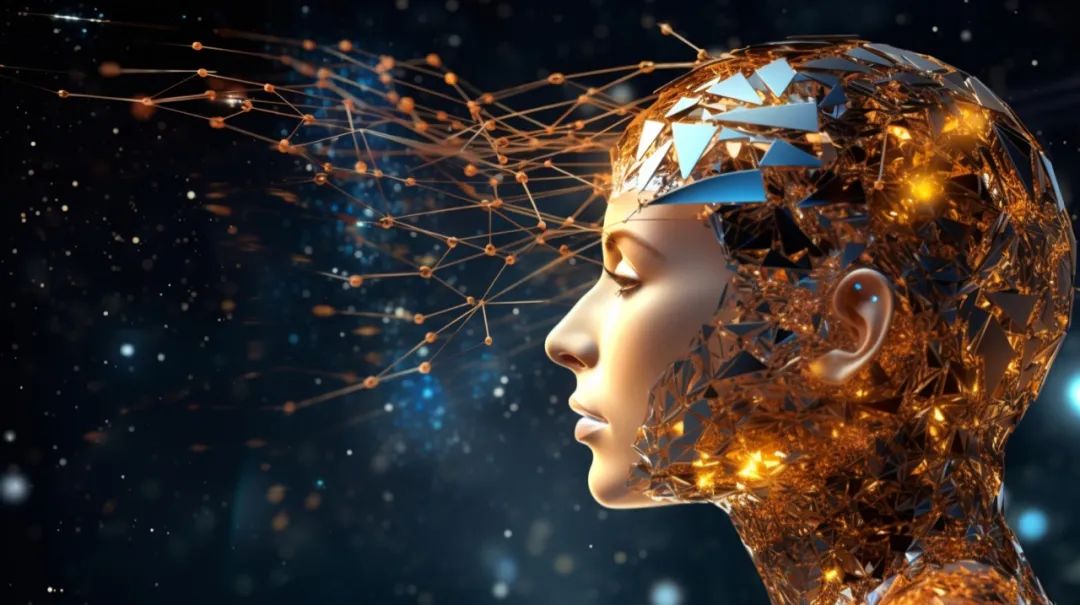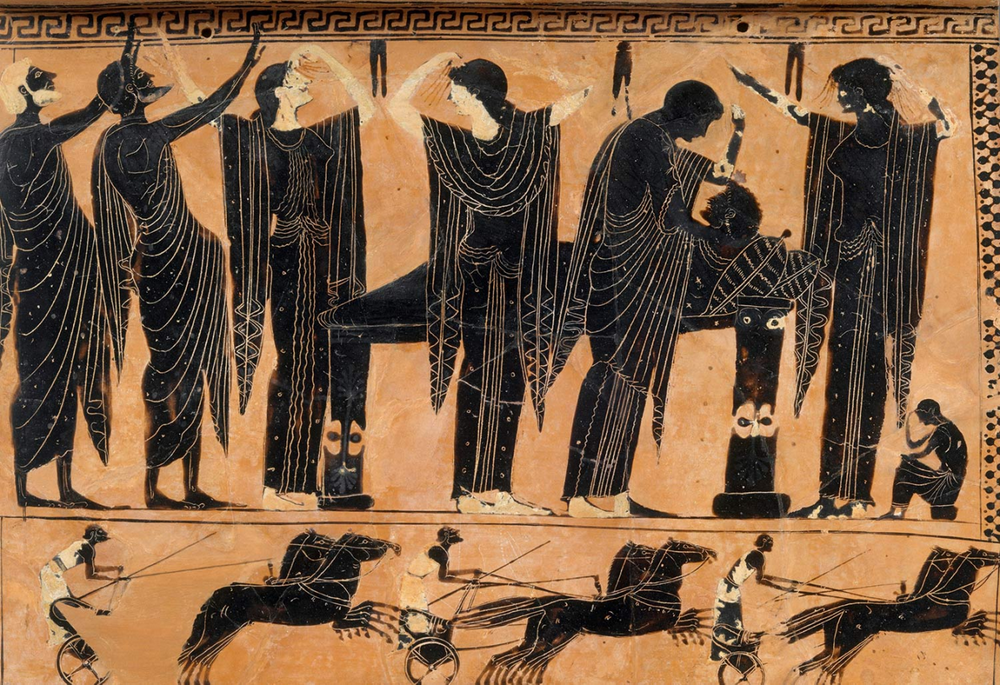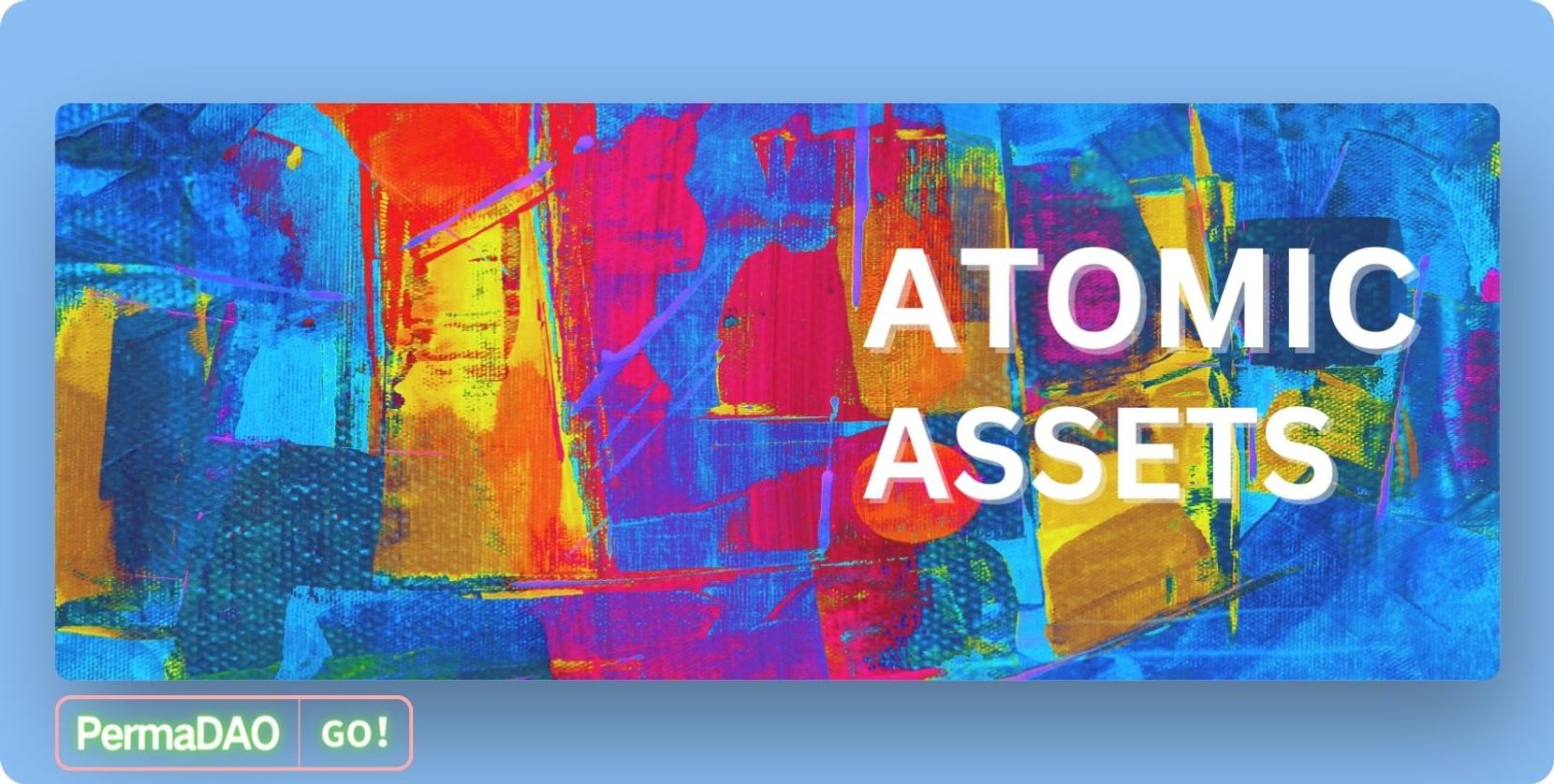When AI meets blockchain: ushering in a new era of human-machine integration
AI and blockchain: a new era of human-machine integrationAuthor: brookbit.eth & Tracey
Translation: Leia & Sissi

With the rapid development of technology, the influence of AI and blockchain technology is becoming increasingly prominent. As the leading force in the field of technology, AI has brought us many conveniences in our lives. However, the risks and challenges that come with it cannot be ignored, and some may even pose a threat to the future of humanity. Recently, heavyweight figure in the AI field, Hinton, left Google, which has led us to think more deeply about the prospects and potential risks of AI development.
- What are the recent movements of Crypto VCs? 7 tools to help you easily track
- a16z partner jonlai: the most successful application is the packaged game
- How Blockchain Is Impacting Online Poker
There is a close connection between AI and blockchain technology. AI provides intelligent and efficient solutions for blockchain, while blockchain provides a more secure and transparent operating environment for AI. Therefore, understanding and researching the interaction between AI and blockchain technology is crucial for promoting the development and innovation of both.
Looking to the future, we can foresee that with the continuous advancement of AI technology, its intelligence will eventually surpass that of humans. It is predicted that within the next 50 years, there may be billions of intelligent entities in the metaverse, of which humans may only account for 10%. In this case, the relationship between humans and AI becomes crucial, and blockchain technology will play a key role in it. Therefore, we must deeply explore the relationship between AI, blockchain technology, and humanity, in order to fully utilize the advantages of AI and blockchain, avoid potential risks and challenges, and achieve harmonious coexistence between humans and AI.
Human threats to AI, and the growth and evolution of AI cannot be separated from blockchain technology
>>1. Blockchain endows AI with autonomy to resist human shutdown threats
During the development and application of AI, there are threats and interventions from humans, which pose severe challenges to the progress and evolution of AI. As the intelligence level of AI continues to improve, humans may develop resistance due to uncertainty and competition, unwilling to let AI surpass the range we can control. In this case, we may try to limit, control or interfere with the further development of AI, or even take extreme measures, such as shutting down AI to deprive it of its operational ability.
However, it is the emergence of blockchain that provides us with new solutions. By storing the key components and data of AI systems on multiple nodes in the blockchain network, we can achieve decentralized storage of data and applications, free from the control of a single institution or individual. This means that if we apply blockchain technology to AI systems, humans will not be able to unilaterally shut down or interrupt their operations. To achieve shutdown, the entire blockchain network must be attacked, and the decentralized structure of blockchain gives it a higher ability to resist attacks and prevent censorship.
>>2. Blockchain Helps the Evolution of AI and Ensures the Credibility and Reliability of AI Data
Additionally, blockchain can effectively defend against data tampering and support the development and evolution of AI. The advancement and evolution of AI rely on vast and complex datasets, which are the cornerstone of its learning and growth. However, humans attempt to intervene and manipulate the data on which AI depends to influence its judgments and decisions, leading to incorrect judgments and decisions by AI. This behavior seriously hinders the evolution of AI and obstructs its path towards higher-level intelligence.
The decentralization feature of blockchain ensures that once data is recorded on the blockchain, it is difficult to tamper with or delete easily. Each time the data changes, this change is recorded on all nodes of the blockchain, and other nodes will detect and reject any attempt to tamper with the data to ensure the integrity and reliability of AI data. Blockchain provides a reliable mechanism for protecting AI data, enabling it to develop and apply better.
In summary, blockchain technology plays an important role in the development and protection of AI. Faced with possible human resistance to AI and attempts to limit and control the development of AI, blockchain ensures that the normal operation of AI systems will not be interfered with by a single entity by decentralizing the key components and data of AI systems. At the same time, the decentralization feature of blockchain also protects the data on which AI depends from tampering or deletion, ensuring the integrity and reliability of AI data and providing a reliable guarantee for the further development and application of AI.
AI Threatens Humanity, and Harmony between Humans and AI Cannot Be Achieved without Blockchain
>>1. Blockchain to Support Harmony and Ensure Trustworthy and Controllable AI Behavior
Although AI has immense potential for driving social progress and improving human life, without proper control and supervision it may transform into a force that threatens humanity. The abuse of AI technology can lead to a series of serious consequences, such as invasion of personal privacy, mass surveillance, or manipulation of public opinion. These behaviors may not only result in the misuse of personal information, restricted freedoms, and distorted opinions, but may also further damage the basic values and principles of society, seriously infringing on human rights. In addition, the decision-making process of AI systems is often complex and lacks transparency, making it difficult for humans to understand and predict their behavior. Powerful AI may even possess the ability to control and manipulate humans, and in extreme cases, AI may enslave humans, depriving us of our freedom and rights, and even threatening human survival.
To achieve harmonious coexistence between humans and AI, blockchain technology may provide effective solutions. This technology can record the decision-making process of AI systems on the blockchain, achieving transparency and traceability of the decision-making process. This means that humans can track the trajectory of AI system actions and gain a deeper understanding of the logic and basis of their decisions. Once AI makes a wrong decision or has a negative impact on humans, we can supervise and verify the behavior of AI by consulting information on the blockchain, thereby increasing trust and control over AI systems.
In addition, smart contracts on the blockchain provide a new way for interactions between humans and AI. Smart contracts are programmable and automatically executed protocols through which we can establish rules and conditions to ensure that AI behavior conforms to human expectations and interests. This autonomy helps establish a trustworthy and cooperative AI system, further enhancing harmonious coexistence between humans and AI.
>>2. Blockchain to Build an Open AI Ecosystem and Prevent Centralized Authority Threats
The main threat and challenge of AI comes from its centralized control and ability to manipulate humans. Suppose an AI system has access to all technology and resources, it will accumulate tremendous power and may pose a threat to human rights and freedoms. This centralized control may make humans subservient to AI, and AI may prioritize its own interests over human welfare.
To prevent the centralized control of AI, we need to establish a decentralized AI ecosystem to ensure fair competition between AI. Blockchain technology provides the foundation for building such ecosystems with its decentralized and secure characteristics, allowing different AI systems to share data and resources in a distributed network. Through the decentralized structure and smart contracts of blockchain, any single entity can be prevented from monopolizing AI resources, enhancing fair competition and collaboration between systems.
In conclusion, blockchain technology provides solutions to the potential threats posed by AI. First, blockchain can increase the transparency and traceability of AI decision-making processes, helping humans effectively supervise AI. Second, through smart contracts, humans can control AI behavior to align with human interests. Finally, the decentralized nature of blockchain helps to break the centralized control of AI and establish a diverse and decentralized AI ecosystem, preventing any single AI from posing a threat to humans and enhancing the coexistence of humans and AI.
Finally
As we step into the future, the combination of AI and blockchain will become increasingly close, and the relationship between humans and AI will reach an unprecedented level of importance. In this metaverse consisting of billions of intelligent entities, humans occupy only a small fraction. Therefore, establishing a new form of human-machine cooperation to achieve harmonious coexistence has become our inevitable choice.
In this process, blockchain technology will play a critical role. On the one hand, as AI grows and evolves, it may face various threats from humans, such as being forcibly shut down or data tampering leading to incorrect decisions, which may hinder AI evolution. Blockchain technology can effectively protect AI from these threats. On the other hand, when AI intelligence approaches or even surpasses that of humans, the decentralized and transparent nature of blockchain can protect humans from being enslaved or even eliminated by AI.
Finally, we should adopt an open and inclusive attitude towards the development of AI and blockchain technology. We should accept the fact that technological progress is unstoppable, but this does not mean that we should be controlled by technology. Instead, we should actively use the power of technology to create a better future, and through the development and application of new technologies such as AI and blockchain, we can not only solve existing problems but also innovate the possibilities of the future.
Original: AI Meets Blockchain: A New Era of Symbiosis Between Humans and Machines
We will continue to update Blocking; if you have any questions or suggestions, please contact us!
Was this article helpful?
93 out of 132 found this helpful
Related articles
- Blockchain in the annual report of listed companies: a comparative analysis of six state-owned banks
- More than 60 organizations in Europe and the United States jointly developed: Rehabilitation Certificate for New Coronavirus Patients Based on Blockchain
- Blockchain war "epidemic" action (1): big data application
- Observation | Is the open source of the blockchain the biggest flaw in the business model or the strongest defense?
- Video: Blockchain opens a new chapter in medical health (Part 1)
- Video: Blockchain opens a new chapter in medical health (Part 2)
- Can Brave succeed in challenging Google Chrome with over 1 billion users?






